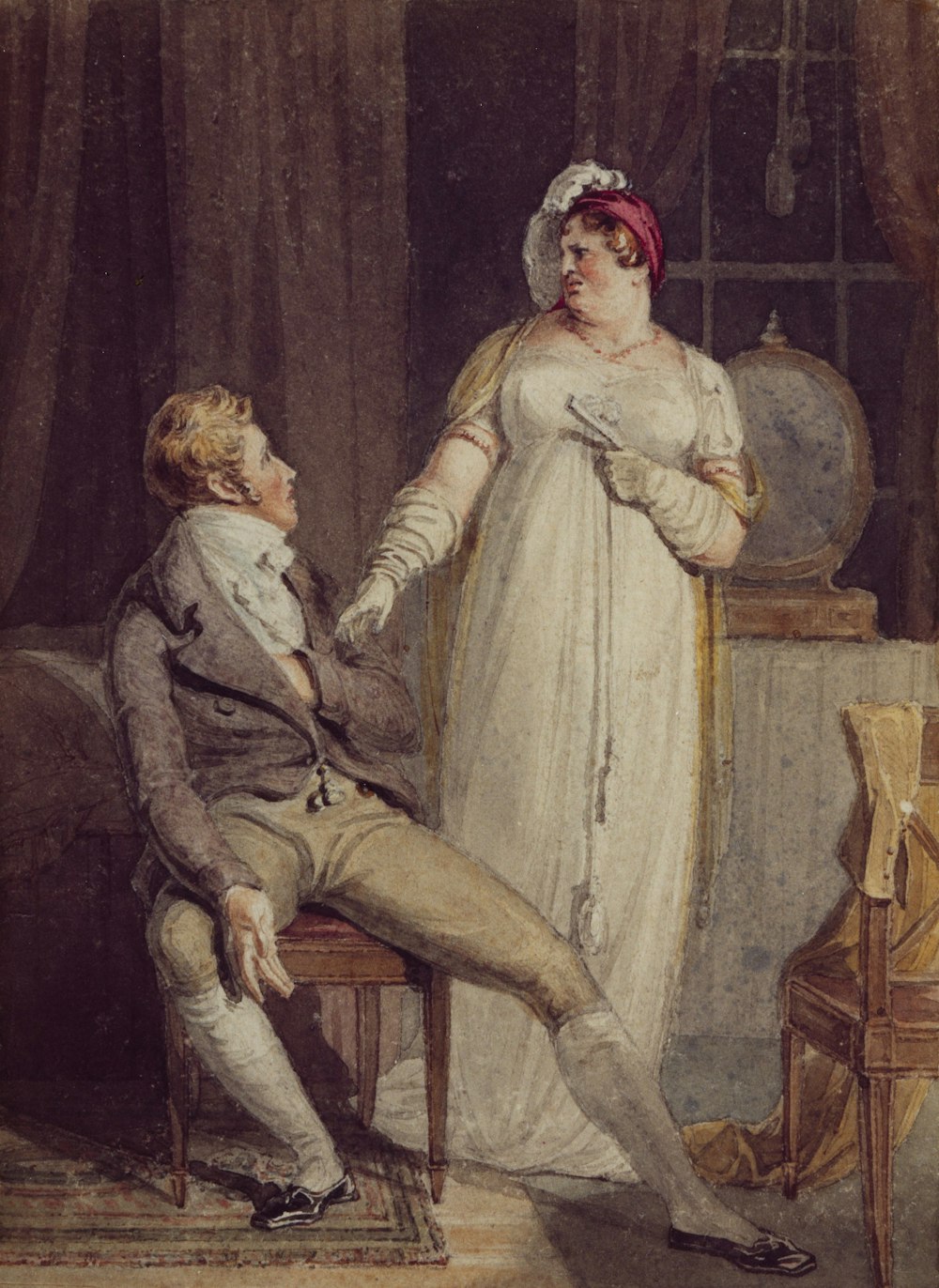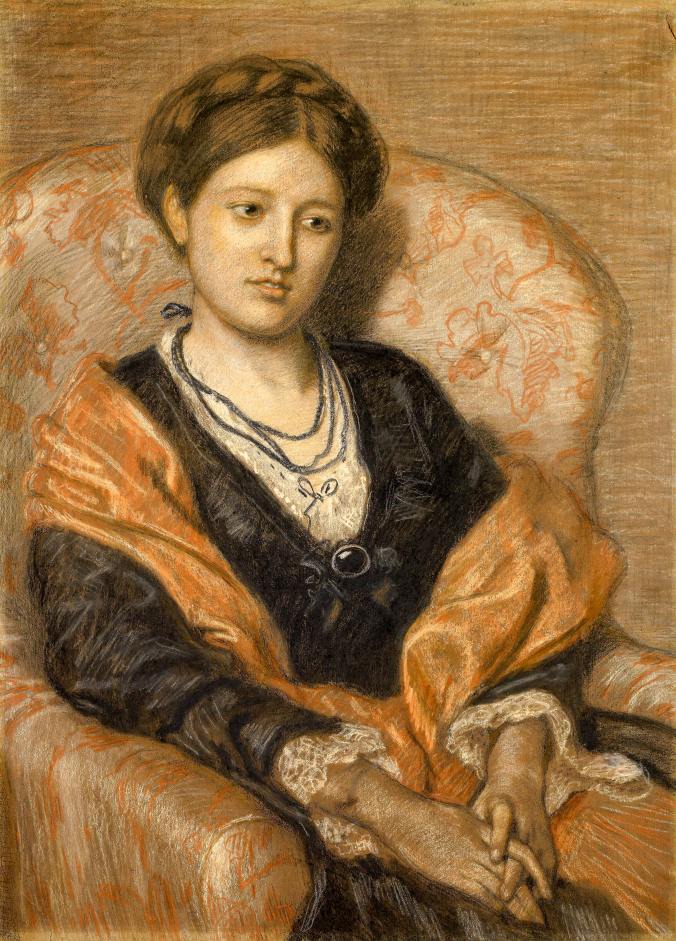Mad King George III was deemed unfit to rule Britain in 1811, and his son took over as prince regent. Then when George III died in 1820, the regent became King George IV. So technically, the Regency only lasted nine years.
Culturally, however, what we consider the Regency Era spans a longer time period, from about 1795 during the French Revolution (in my mind I see images of that horrifying guillotine) to 1837, when Queen Victoria took the throne. The Regency was more than a change in royalty. It marked the end of the Georgian’s more pious, reserved society. The Prince Regent, being so very different from his father, was kept entirely removed from politics and the military. He channeled his energy into other pursuits, and it showed.
This period saw huge changes in politics, societal structure, and science–this was the beginning of the industrial revolution–but also huge changes in culture, architecture, art, literature, and fashions (the hooped skirts and powdered hair of the Georgian age gave way to the ‘classical’ high waisted dresses of the Regency). In many ways it was a period of cultural refinement, elegance and extravagance—a frivolous and ostentatious age.
And opposite the excesses of the rich was a horrible, crushing poverty and squalor. Gambling, drinking, thievery, and prostitution were rampant in the rookeries of London.
To give you some idea of what was happening, here are some Regency events:
- The end of the French revolution (May 5, 1789 – Nov 9, 1799)
- The Napoleonic wars (May 18, 1803 – Nov 20, 1815), which provide the background to my Illusions series
- The war of 1812 (British impressing American sailors)
- First vaccinations against smallpox
- Lewis and Clark expedition
Some names you might recognize:
- Arthur Wellesley, 1st Duke of Wellington (defeated Napoleon at Waterloo)
- Jane Austen, obviously
- Lord Byron, Coleridge, Wordsworth, Keats, Shelley (Percy Bysshe), William Blake–those romantic poets
- Mary Shelley and her Frankenstein
- Mozart and Beethoven
- Mary Wollstonecraft writing about A Vindication of the Rights of Women
- William Wilberforce and the other social reformers of the Clapham Sect (I love the movie Amazing Grace about these people).
Though the cultural/social restrictions for women were still very real, during the regency women began to challenge old preconceptions and conventional thinking. It’s part of what makes Jane Austen so current even today. Change was everywhere. Exciting things happen in those in-between times. It sparks my imagination and gives me some latitude when creating my brave, strong female characters.
Join me for a little time in the Regency Era! I believe you will love it.




